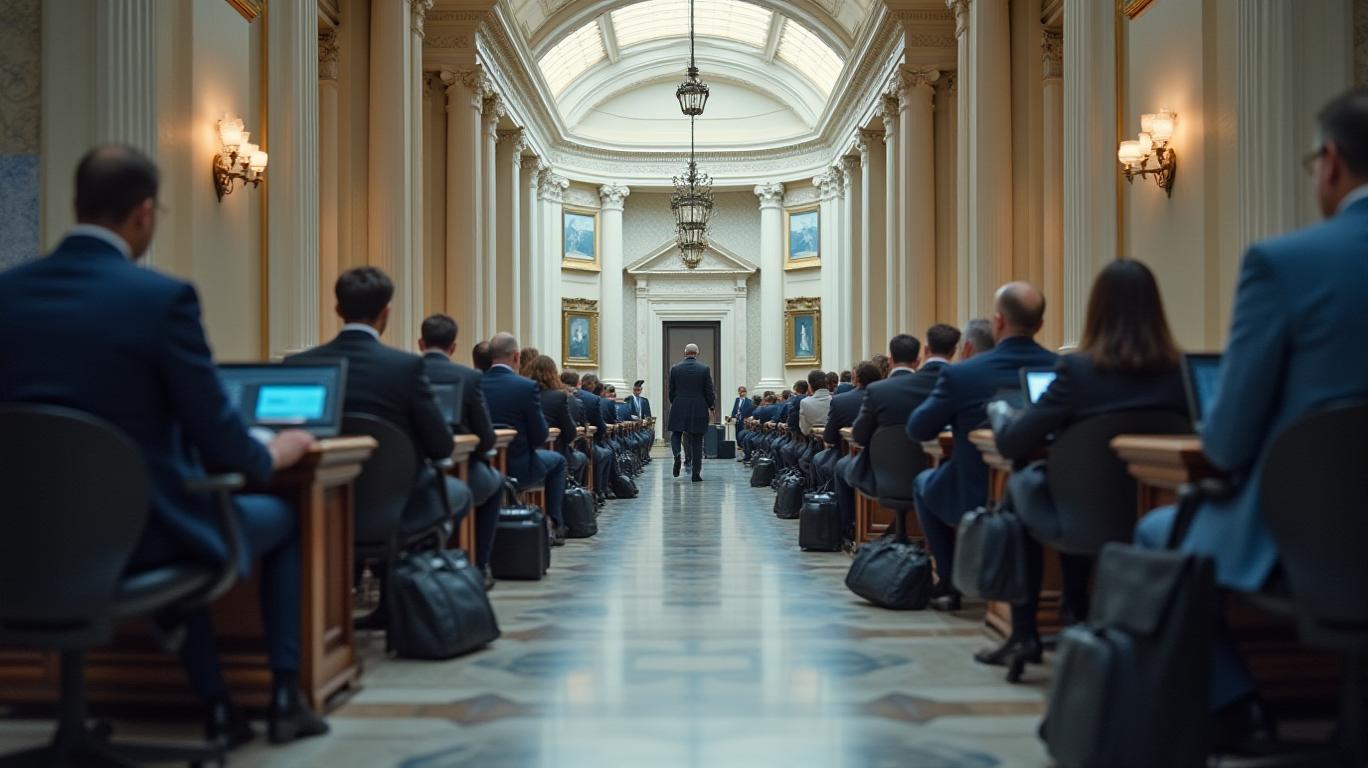Federal Agencies Ordered to Disclose Crypto Holdings by April 7
United States federal agencies have been mandated to disclose their cryptocurrency holdings to the Department of the Treasury by April 7. This directive stems from an executive order issued by President Donald Trump on March 7, which aims to enhance the government's oversight and management of digital assets.
The requirement for federal agencies to report their cryptocurrency holdings is part of a larger strategy that includes the creation of a Strategic Bitcoin Reserve. This reserve will be initially funded with Bitcoin that has been voluntarily surrendered to federal agencies through legal means, such as seizures. The reserve is intended to serve as a store of value, with the Bitcoin held within it never to be sold, according to White House crypto and AI czar David Sacks. Sacks likened the reserve to a “digital Fort Knox,” emphasizing the government's commitment to preserving the value of these digital assets.
Sacks also criticized past government actions, highlighting the sale of 195,000 BTC for $366 million, which he argued was a significant undervaluation of the assets. This criticism underscores the administration's intent to avoid similar mistakes in the future and to manage digital assets more strategically.
The broader strategy also encompasses proposals for a Digital Asset Stockpile, which will be managed by the Treasury. This stockpile could include a variety of digital assets, such as XRP, Solana, Cardano, and Ether, indicating a diversified approach to the government's digital asset policy. The inclusion of these assets suggests that the government is considering a range of digital currencies and their potential roles in the economy.
Currently, federal agencies are assessing their legal capacity to transfer crypto assets into the new account. The Treasury is expected to take the lead in managing these assets, ensuring that they are handled in accordance with the government's strategic goals. This move reflects a growing recognition of the importance of digital assets in the financial landscape and the need for robust government oversight and management.

Quickly understand the history and background of various well-known coins
Latest Articles
Stay ahead of the market.
Get curated U.S. market news, insights and key dates delivered to your inbox.



Comments
No comments yet